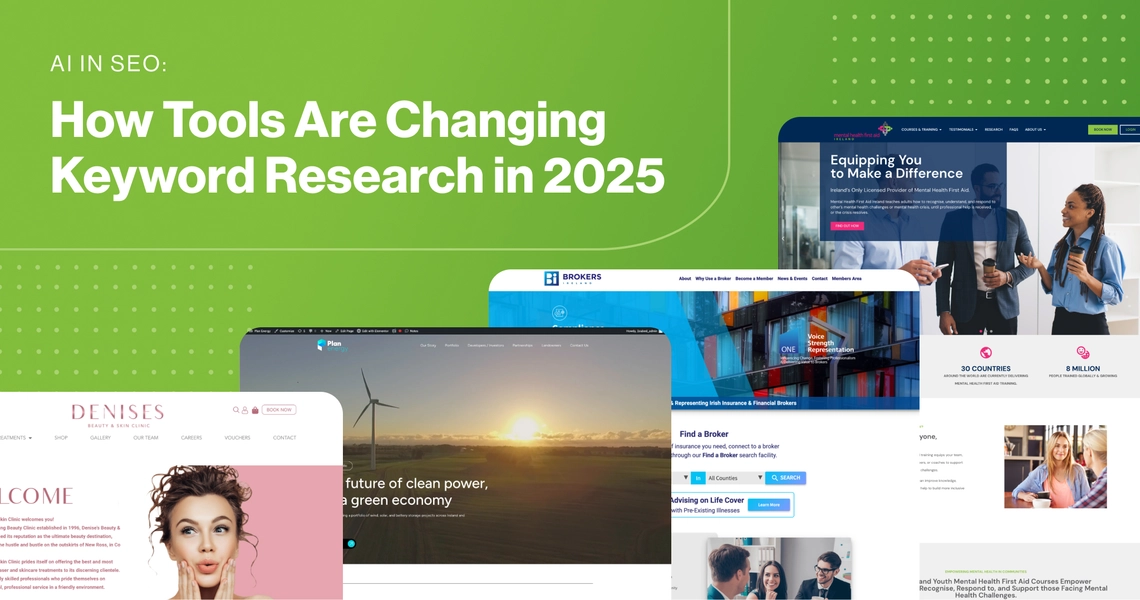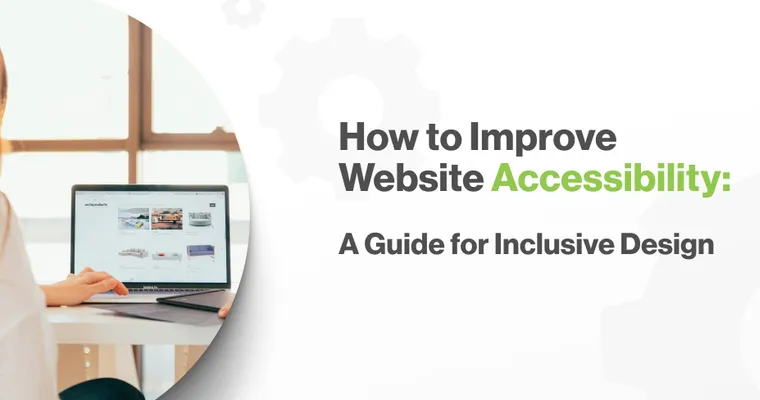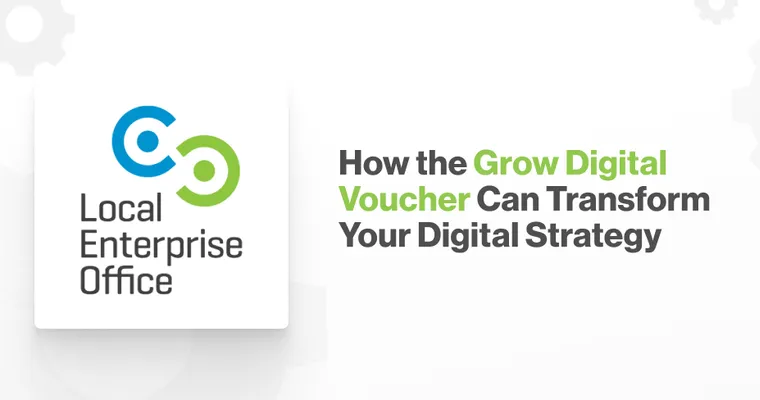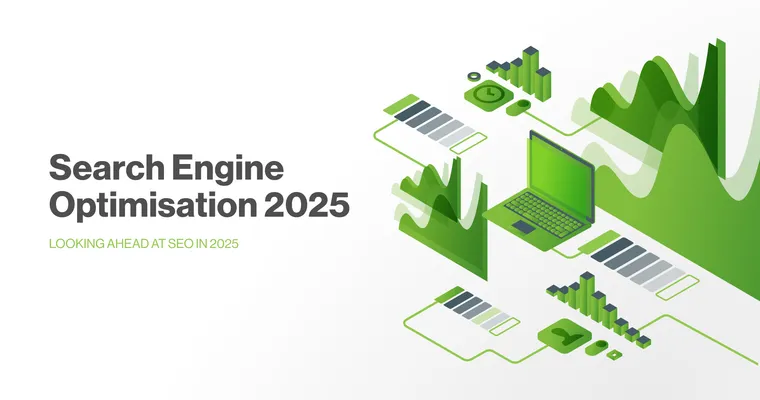Summary
Artificial Intelligence is transforming SEO and reshaping how businesses approach keyword research. Traditional methods relied on static lists and manual analysis, but AI-powered tools now uncover intent, context, and trends in real time. This post explores how AI is changing keyword research in 2025 and what it means for businesses looking to stay ahead in search rankings.
The Shift From Traditional to AI-Driven Keyword Research
In the past, keyword research focused on:
- Search volumes
- Competition levels
- Manual grouping of related keywords
Today, AI tools analyse far more than raw numbers. They interpret user intent, identify semantic relationships, and predict emerging search patterns before competitors spot them.
How AI Improves Keyword Research in 2025
AI-powered SEO tools provide:
- Contextual Understanding – recognising synonyms, related concepts, and natural language queries.
- Search Intent Analysis – identifying whether users want information, products, or services.
- Voice Search Optimisation – adapting keywords to conversational language.
- Predictive Insights – spotting trends before they peak in popularity.
- Content Gap Detection – showing where competitors rank and where your site can win visibility.
Benefits for Businesses
- Faster Research: AI automates what once took hours.
- Smarter Targeting: Focus on keywords that align with user intent, not just traffic numbers.
- Improved ROI: Targeting relevant searches means higher-quality leads.
- Adaptability: AI constantly updates keyword suggestions as search behaviour evolves.
AI Search Optimisation Angle
As Google and other engines integrate AI into search, websites must optimise for natural language and topical authority rather than stuffing exact keywords.
- Use clusters of related terms to demonstrate subject expertise.
- Focus on long-tail conversational queries (e.g., “how do I optimise my site for AI search engines in 2025?”).
- Build structured content (headings, bullet points, FAQs) for AI to easily extract answers.
Practical Steps for Businesses in 2025
- Invest in AI-powered SEO platforms (e.g., tools with natural language processing).
- Create pillar content supported by topic clusters.
- Monitor emerging search trends instead of relying only on static keyword lists.
- Test for voice and AI search readiness across your website.
FAQs
Q1: Does keyword research still matter in the age of AI?
Yes. Keywords remain important, but now they’re part of a broader focus on intent, topics, and semantic relevance.
Q2: Will AI replace SEO specialists?
No. AI speeds up research, but human strategy and creativity are essential to connect insights to business goals.
Q3: How does AI help with long-tail keywords?
AI identifies natural conversational queries that humans type or speak, helping target highly specific search intents.
Q4: Should I still optimise for exact-match keywords?
Not exclusively. AI search values context and topic authority more than repetition of exact terms.
Q5: What’s the biggest advantage of AI in SEO for SMEs?
Efficiency — smaller businesses can compete with larger ones by leveraging smarter, AI-driven insights.



